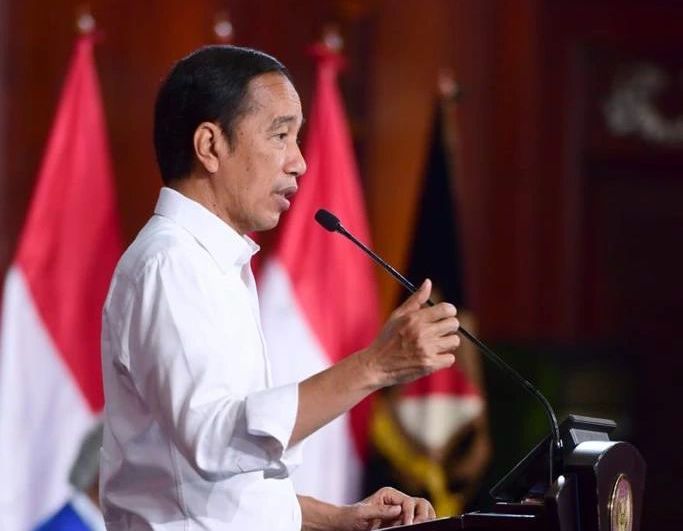President Joko Widodo said his administration is keen on passing into law a bill that would finally protect the rights of some of the most exploited and abused people in Indonesia.
During a press conference at the Presidential Palace in Jakarta yesterday, Jokowi noted that the country’s Manpower Law does not regulate the employment of domestic workers, opening them up to risks of being subjected to inhumane working conditions, hours, and pay.
“In practice, domestic workers are susceptible to being robbed of their rights. So I think it’s time we have UU PPRT (Law on the Protection of Domestic Workers),” the president said.
The bill, known as RUU PPRT for short, has been dormant in parliament for 19 years, Jokowi said, and that it has been flagged as a priority bill for deliberation and ratification by the House of Parliament (DPR) this year in order to provide legal clarity for the 4.2 million domestic workers in Indonesia.
“I have instructed the Ministry of Justice and Human Rights and the Ministry of Manpower to coordinate efforts with DPR,” he said.
Based on a copy of the draft for RUU PRPT that has been circulating online, if ratified, the law will regulate domestic workers’ working hours, pay, and entitle them to leave and social security, among other things.
DPR says RUU PPRT will be discussed at a plenary session next week ahead of its expected swift passage.
Domestic work, live-in or otherwise, is considered an informal form of employment as workers are often hired without a contract. Domestic workers who find work through agencies are still susceptible to exploitation, as the only existing set of regulations for domestic work passed by the Ministry of Manpower in 2015 carries little to no legal weight for enforcement.
In addition to abuse, many Indonesian domestic workers face dehumanizing treatment by their employers on a daily basis, such as only being fed leftovers, not being allowed to eat in the presence of their employers, and being deprived of any recreational activities — all things that normalize the discriminatory idea that they are second-class citizens.
Also Read





Reader Interactions